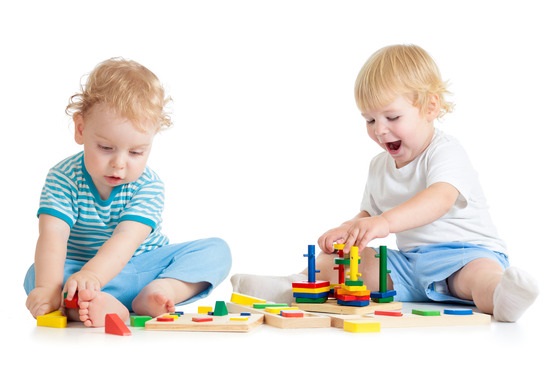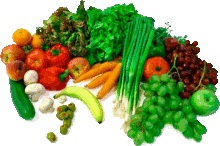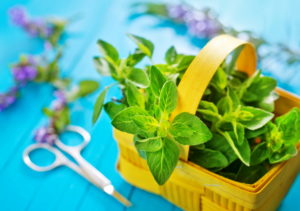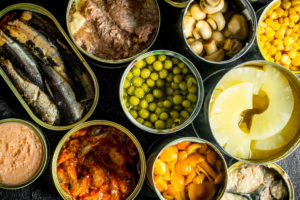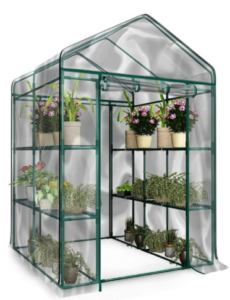8 Steps to Eco-Parenting:
How do I eco-parent?
Raising children is hard enough without worrying about the environmental consequences of your parenting choices. Don’t sweat it. You already care about your child’s well-being and green choices make it easier. When it comes to eco-parenting, here are eight fundamentals:
1. Lead by example. You are the greatest role model your child will have. She will look up to you, learn from you, and embrace your habits. If you teach when you talk, you avoid many of the “why” questions that inevitably come when she sees you separating food scraps from glass from cardboard or turning the lights off when you leave a room.
2. Instill fundamental human needs. In addition to love, he or she needs to know that clean air, clean water, and clean soil are essential to human life. He can live without video games, but he cannot live without these precious commodities.
3. Share “green” experiences. Start a composting project or visit the aquarium to learn about the importance of the marine world to our lives. What happens when we take too many fish out of the sea or dump too much garbage into it? How does it affect the family? Come up with other “green” experiences.
4. Seriously consider breastfeeding. In a perfect world, no food is better (or greener) for an infant than mother’s milk. It is the ultimate in nutritious, local food production. Don’t take my word for it – check out the American Medical Association position on breastfeeding at www.ama-assn.org.
5. Healthy food is usually green food. Your child will benefit from local fruits and vegetables at home. Take him to the local market or, if possible, a farm to learn about fresh food. Encourage him to start a garden in the backyard or grow some herbs in a pot at home. He is less likely to develop food allergies or sensitivities if he is not eating processed, packaged, or fast foods.
6. Green food makes you smarter. Diet is critical for learning. Parents can pitch a green school lunch partnership plan that is both healthy and financially responsible. If schools and school boards know that healthy cafeteria options don’t inflate the budget, it is hard to argue against them. For example, a school garden is a great education tool and a source of nutritious food for students.
7. Travel green.Don’t let your child develop an automobile addiction. Seek out destinations that you can reach together safely on foot or by bicycle. It is a great way to share time together and get fit. When the car cannot be avoided, try to combine errands or carpool with other families. Carpooling is a great, green way for parents to share the travel load.


